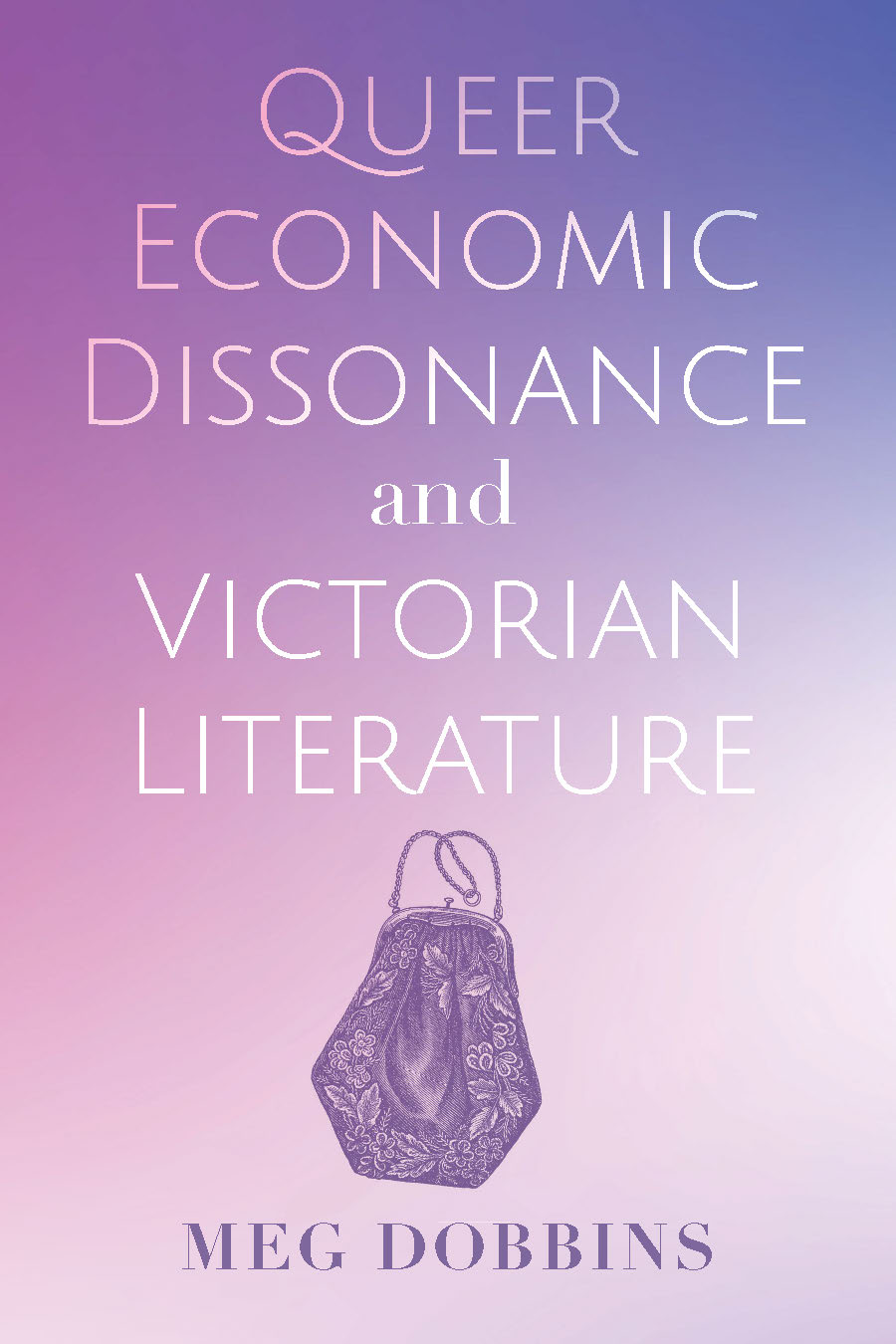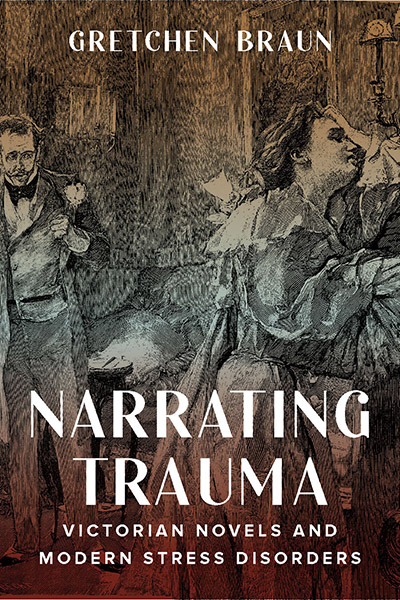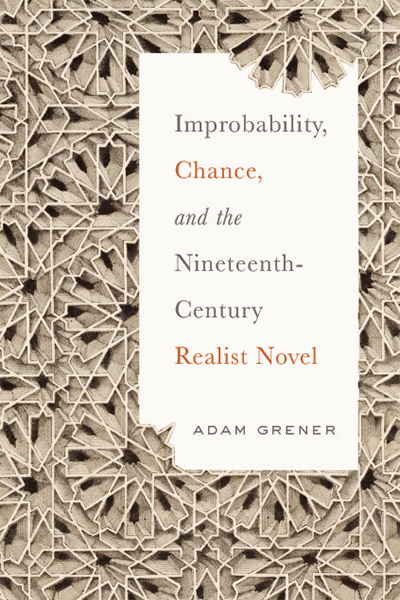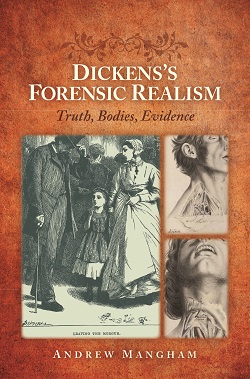Queer Economic Dissonance reviewed in Victorian Studies
“A valuable contribution for scholars and students of nineteenth-century literature....This monograph is timely, informative and scrupulously researched....For scholars interested in learning more about the cultural and economic contexts that influenced nineteenth-century literature, Queer Economic Dissonance is an excellent choice and a stimulating read.” —Nat Bartels, Forum for Modern Language Studies
“Queer Economic Dissonance marks a timely and important contribution to several strands of Victorian literary criticism....For many of today’s students and scholars, I imagine, Dobbins’s book will open up even the most canonical Victorian texts in new ways.” —Shannon Draucker, Victoriographies
“Well worth reading for its nuanced historical and theorized look at how nineteenth-century British literature articulated varied economic desires. ... In her deft readings of significant Victorian texts, Dobbins shows Victorian desire to be something far less uniform than the emerging science of economics would attempt to consider it by the end of the century.” —Jill Rappoport, Nineteenth-Century Literature
“Dobbins’s book helps reveal a newer view of nineteenth-century fiction that is hardly corseted by conventional sexual and economic narratives. Indeed, I find it difficult to fault this fascinating book.” —Brenda McKay, George Eliot Review
“This book represents a highly productive contribution to the study of capitalism’s origins and oddities and to the field of Victorian studies as a whole. Accessible enough for advanced undergraduates, this book pairs the productive expansiveness of queer theory with the specificity of historicist economic contextualization to demonstrate a fresh approach to reading queerness historically.” —Jennifer MacLure, Anglia
“Dobbins foregrounds the eccentric, the antinormative, and the messy elements of Victorian economic subjects and their practices, all the while achieving an excellent balance of theoretical discussion, historical work, and smart close readings of literary texts. She engages with a diversity of contemporary scholarship with authority and verve.” —Aeron Hunt, author of Personal Business: Character and Commerce in Victorian Literature and Culture
In nineteenth-century Britain, the word queer was associated not only with same-sex desire but also with irregular forms of financial association and trust. Queer Economic Dissonance and Victorian Literature centers this forgotten facet of queer by recovering an alternative economic narrative of the Victorian period: one of economic excess, waste, debt, and downward mobility. Drawing on insights from intersectional queer theory and economic literary criticism, as well as astute readings of works by Charles Dickens, Charlotte Brontë, Mary Seacole, George Eliot, and Oscar Wilde, Meg Dobbins argues that eccentric economic figures like Black entrepreneurs, childless widows, and working-class benefactors represent sites of queerness––forms of economic desire, identity, strategy, or relation that become sites of friction within the developing social and institutional norms of nineteenth-century capitalism. Dobbins argues that Victorian authors document the everyday economic struggles of those cast aside, left behind, and fundamentally transfigured by modern capitalism. Rather than rejecting capitalist ideology, these authors queer socioeconomic norms, shedding light on the provocative ways Victorians made capitalism livable, and even pleasurable. In this way, Queer Economic Dissonance rearticulates the link between erotic and economic forms of dissonance in capitalist society.
Meg Dobbins is Assistant Professor in the Department of English Language and Literature at Eastern Michigan University.
Contents
Acknowledgments
Introduction Queer Accounts
Chapter 1 Dickensian Queer Street
Chapter 2 Jane Eyre’s Purse
Chapter 3 Black Debt and Social Capital in The Wonderful Adventures of Mrs. Seacole in Many Lands
Chapter 4 The Progressive State and Queer Family Values: George Eliot’s Widows, Misers, and Disobedient Daughters
Coda Oscar Wilde and Sebastian Melmoth
Works Cited
Index





